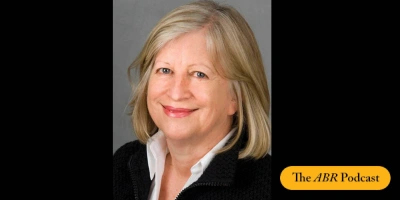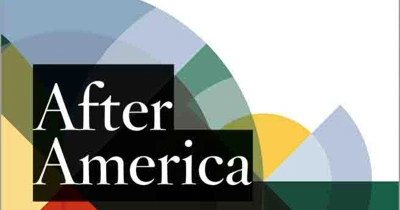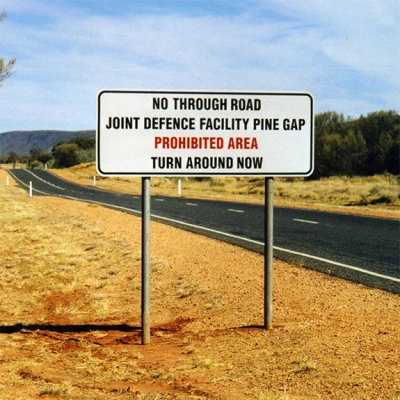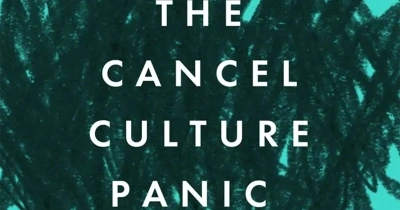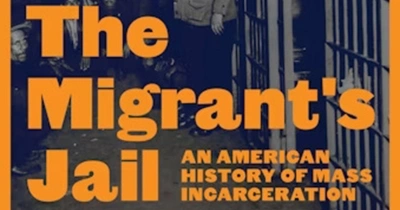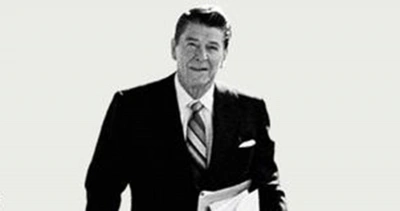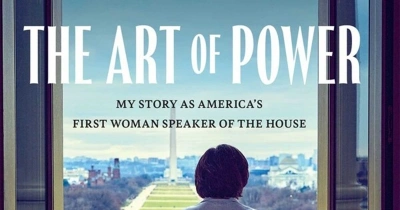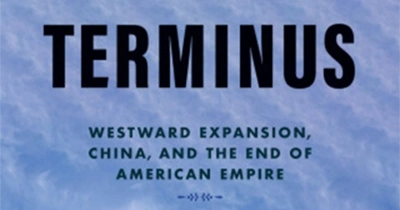United States
This week on the ABR Podcast, Marilyn Lake reviews After America: Australia and the new world order by Emma Shortis and Hard New World: Our post-American future (Quarterly Essay 98) by Hugh White. Lake observes that both ‘authors argue that it is time to imagine a post-American world’ and emphasise ‘the necessity of retrieving our relationship with China’.
... (read more)It is a remarkable fact that our political leaders’ dogged pursuit of ‘national security’ through the United States alliance and the costly and controversial AUKUS agreement seems to be making Australians feel rather more insecure, indeed downright anxious, feelings exacerbated by the elevation of the mercurial Donald Trump to a second term as US president.
... (read more)This week on the ABR Podcast we feature James Curran’s commentary ‘Balance sheet blues: The pros and cons of Pax Americana coming to an end’. Curran’s focus is the evolving relationship between Australia and America during and beyond Trump’s second administration.
... (read more)The first six months of the second Trump administration have left American allies worldwide, including Australia, in a state of shock and sullen resignation. Shock at the resumption of Trump’s global trade and tariff war, following threats to Canada, Greenland and Mexico, not to mention the harm being done to American institutions and soft power; resignation that US protectionism and the rising demands of Washington on allies to pay more for their own defence are here to stay.
... (read more)Each year the Macquarie Dictionary convenes a panel to select a word of the year. In 2019, the panel chose ‘cancel culture’, which it defined as ‘the attitudes within a community which call for or bring about the withdrawal of support from a public figure’. Since then, cancel culture has been a preoccupation of Australian journalists and politicians, with cancellation serving as shorthand for punishment for expressing dissenting views, and sometimes just for being out of favour with a powerful and homogeneous cohort of unnamed leftists.
... (read more)The Migrant’s Jail: An American history of mass incarceration by Brianna Nofil
How can a self-proclaimed nation of immigrants,’ asks Brianna Nofil, the author of The Migrant’s Jail, ‘also be a place that imprisons tens of thousands of immigrants, exiles, and refugees?’ In answering that question, Nofil, an assistant professor of history at William and Mary, researches the history of the crucial role of local county jails and their widespread deployment by the federal government to build the largest migrant detention and deportation system in the world. Incarceration was the prelude to deportation.
... (read more)When Ronald Reagan died in 2004, Americans of every kind, ‘in rows three to five deep, thronged Pennsylvania Avenue to catch a glimpse of this melancholy but historic funeral procession’. In a note the presidential historian Richard Norton Smith wrote to Reagan’s widow, Nancy, he assured her that ‘their grief was equalled by their gratitude for a life that had become synonymous in their eyes with the nation itself’.
... (read more)The Art of Power: My story as America’s first woman Speaker of the House by Nancy Pelosi
As leading US historian Eric Foner wrote in his classic account, The Story of American Freedom (1999), it is the ‘story of freedom’ that conveys Americans’ favourite idea of itself. Of course, its meaning and uses change over time. It is a flexible value. We only need to look at candidates’ promises in the US election, with Kamala Harris declaring, ‘We choose freedom’ and Donald Trump (‘We believe in the majesty of freedom’) planning to build ten new futuristic ‘freedom cities’.
... (read more)A recent advertisement in The Guardian headed ‘Can’t get enough of the US election?’ prompted reflections on our seeming obsession with the current presidential campaign. Myriad readers follow the contest closely, almost compulsively. On the hour, we check the major websites for the latest polls or Trumpian excesses. In a way, the election feels more urgent, galvanising, consequential, and downright entertaining then next year’s federal election.
... (read more)Terminus: Westward expansion, China, and the end of the American empire by Stuart Rollo
What a difference a decade makes. When the second decade of the millennium opened, the United States was advocating an open door for trade and investment with China. In November 2011, President Barack Obama, in a speech to the Australian Parliament, revealed Washington’s new strategic and economic policy: the Pivot to Asia.
... (read more)

